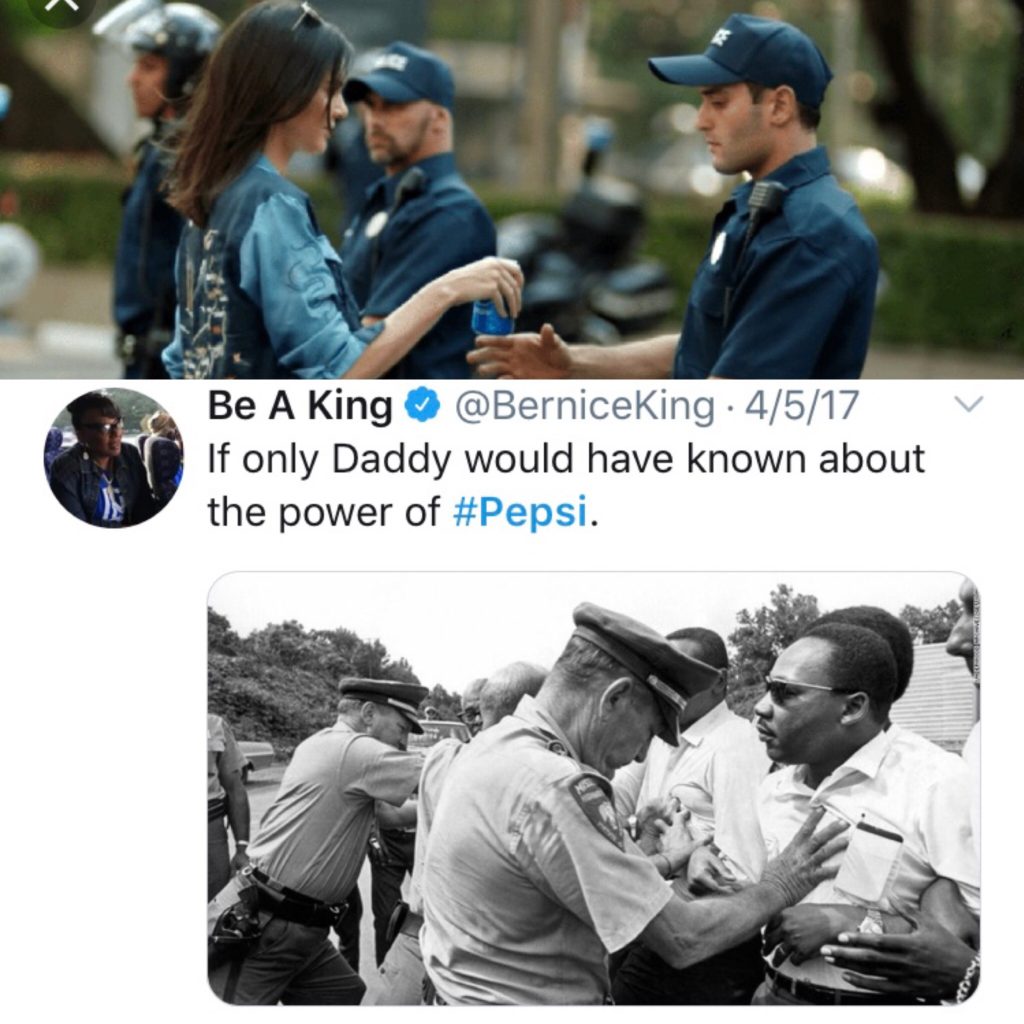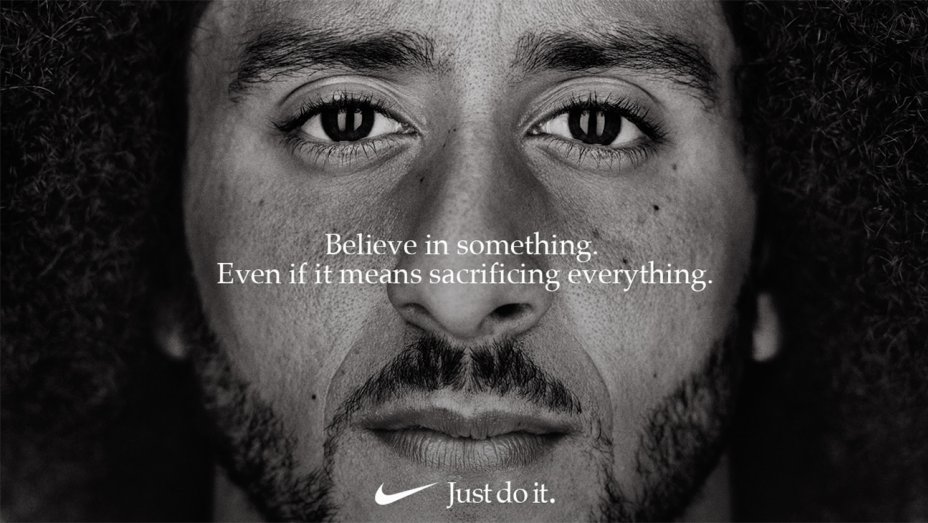Our current social climate is tumultuous to say the least. Unlike any generation before them Millennials and Gen Z buyers want to align with brands that are connected to what they believe in. As the voices of marginalized groups fight to not only be heard but rise up to shine light on several injustices (i.e., widespread racial disparities relative to immigration, education, economics, criminal justice and several other realms) and controversial movements such as #MeToo and #BlackLivesMatter continue to make global impact, companies are taking notice. According to a Pew Research study, U.S. Millennials (defined as ages 23-38 in 2019) are projected to surpass Baby Boomers this year as the largest generation at over 73million. By 2020 Generation Z (defined as ages 7-22 in 2019) is projected to represent 40% of all consumers. Needless to say the combined buyer power of these two generations (over $1 trillion by 2020) commands attention. One way companies are attracting these power house buyers is to appeal to their desire to align with brands that are public about Corporate Social Responsibility (CSR) efforts.
Corporate Social Responsibility essentially means that companies have implemented ways to positively impact society economically, socially and environmentally. This can be through philanthropy, volunteerism and also supporting public reform efforts on controversial issues. According to a 2015 Cone Communications Millennial study “More than 9-in-10 Millennials would switch brands to one associated with a cause (91% vs. 85% U.S. average)”.
It’s no secret companies recognize that CSR efforts are beneficial from a brand recognition standpoint with the ultimate goal of increased profits. However, are these initiatives nothing more than just marketing strategies that not only take advantage of media fire storms but also capitalize on the behaviors of young buyers while forsaking authentic social impact?
German automaker Volkswagen is an example of a brand whose CSR efforts were all bark and no bite. The company had advertised their cars as “clean diesels” to appeal to environmentally conscious buyers but had to come “clean” in 2015 and disclose that 11 million of their diesel cars were equipped with software that could cheat emissions tests. In fact, the cars produced upwards of 40 times the acceptable amount of nitrogen oxide which is a pollutant that can contribute to asthma, bronchitis and emphysema. In this case the appearance of CSR, which would secure Volkswagen’s position as the #1 automaker in the world, was more important than actual environmentally friendly efforts.
In 2017, PepsiCo’s attempt to incorporate activism into their advertising was an epic failure. Their commercial, which was pulled just days after it initially aired, featured Kendall Jenner, a 21- year old reality star, bringing peace to a public protest by giving a stone face police officer a can of Pepsi. This essentially minimized grave social issues plaguing our country and our world, such as the Black Lives Matter movement, in the name of branding and relegated the solution for police brutality to simply sharing a can of soda. Pepsi responded to the massive online backlash in a statement, “Pepsi was trying to project a global message of unity, peace and understanding. Clearly, we missed the mark, and we apologize. We did not intend to make light of any serious issue.”

Most recently in 2018 Nike endorsed controversial NFL quarterback Colin Kaepernick for their 30th anniversary Just Do It campaign. Kaepernick’s protest for racial equality by kneeling during the national anthem generated divided views and as a result, Nike received quite a bit of backlash including, of course, a disapproving tweet from Trump. The noise was overshadowed by an unprecedented 30+% increase in sales after the ad was released. In fact, the Kaepernick endorsement added $6 billion to the company’s market cap.
Though it was pretty easy to find Nike’s the revenue stats… it was not as easy to find the social responsibility activities Nike is doing relative to police brutality reform which is the issue that Kaepernick originally knelt to bring attention to. It is important that young buyers hold brands accountable to be authentic with their social responsibility efforts. We must be just as vocal about the importance of actual reform efforts as we are about the need for brands to take social stands. Anything less is an empty money game.


Great article, Glenda! I don’t know that millenials really believe that brands stand for social justice. I feel like most understand how corporations use current events and trends to capitalize on them if it benefits their sales/popularity. However, I do agree that it’s our responsibility to hold them accountable to support causes they claim to stand for. Great points, bizslayer !
Thanks for the comment Kareema!! Yes, somehow activism tends to stop short of actual reform and young buyers have influence to make sure these brands stay true to carrying out their Social Responsibility principles beyond just marketing!